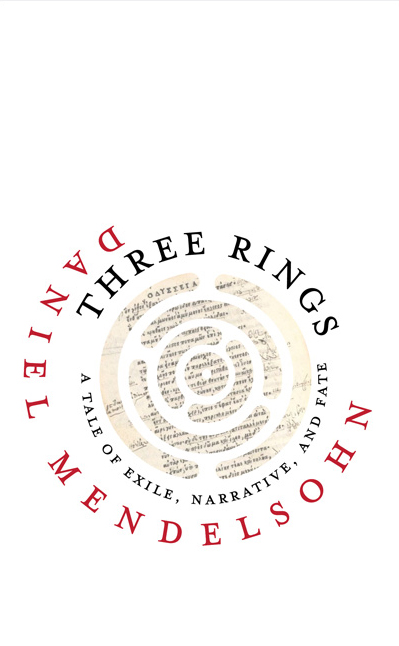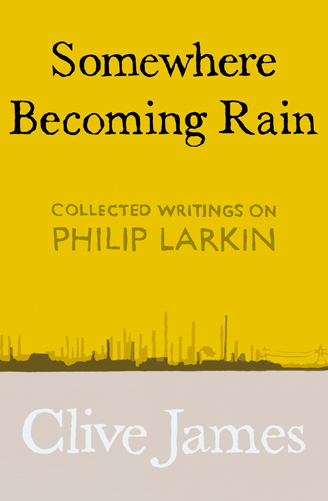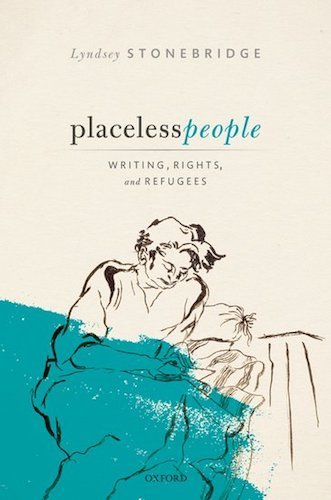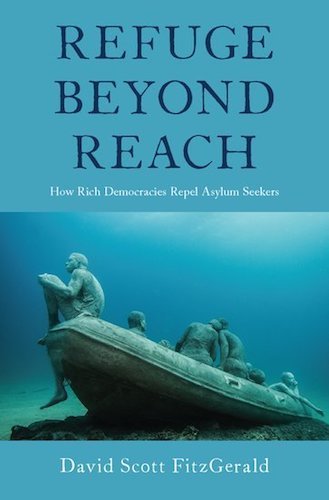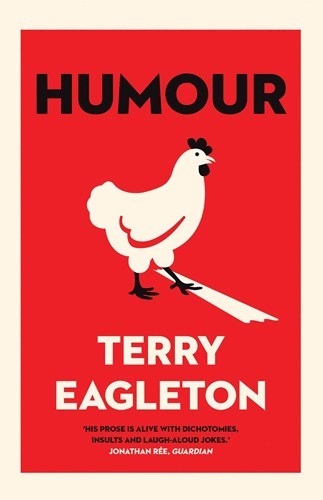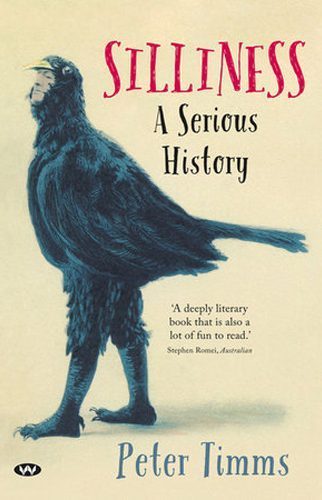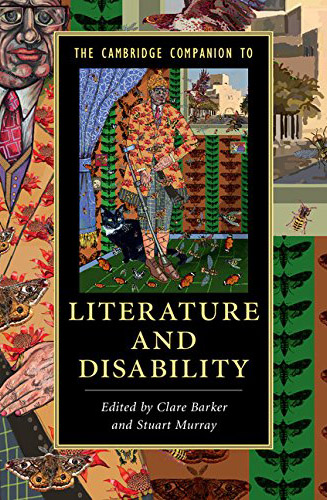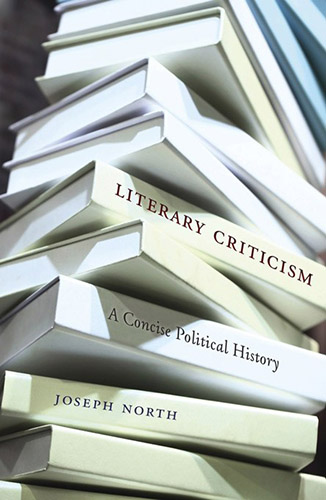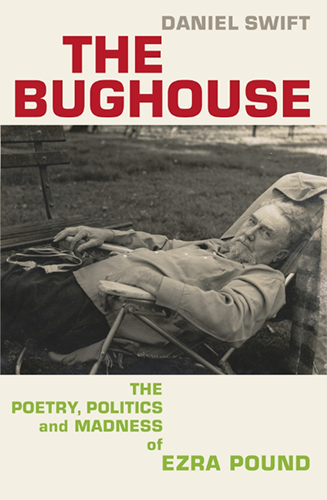Literary criticism

Philosophers of Decay: On the Prosaic Art of Dentistry
In the dentist’s chair, mortality is both obviated and underlined by the banality and the intensely personal quality of an experience that has almost no role to play in a narrative, other than to allow the banal and the personal to blunder tastelessly into the foreground. We are held back from platitudes about physical decay. There is simply no point, other than irony, in approaching the dentist with the mythical sense of crossing that grips Woolf as she breaths in the gas. The dentist is the everyday manifestation of our otherness to ourselves or, better put, the rearticulation of that otherness as a facet of the everyday.
Where are all the disabled writers?
Disappointingly, however, the majority of chapters in the Cambridge Companion to Literature and Disability, continue the erasure of disability from literary history that is already so prevalent in culture. Overall the book fosters the impression that disabled people either don’t write much, or don’t write much of value.
So Far, So Left?: Literary Criticism: A Concise Political History by Joseph North
I think it would be a mistake to read Literary Criticism as simply another history of twentieth-century criticism. The tendentious and programmatic shaving down of local complexities allows North to sharpen his polemic into manifesto-like poignancy. One of the peculiarities of the manifesto is that it presumes the existence of something it is actually engaged in creating. This, I think, accounts for the odd yet telling choice to name a book after a practice that in its own account has been off the disciplinary map for at least the last few decades.
